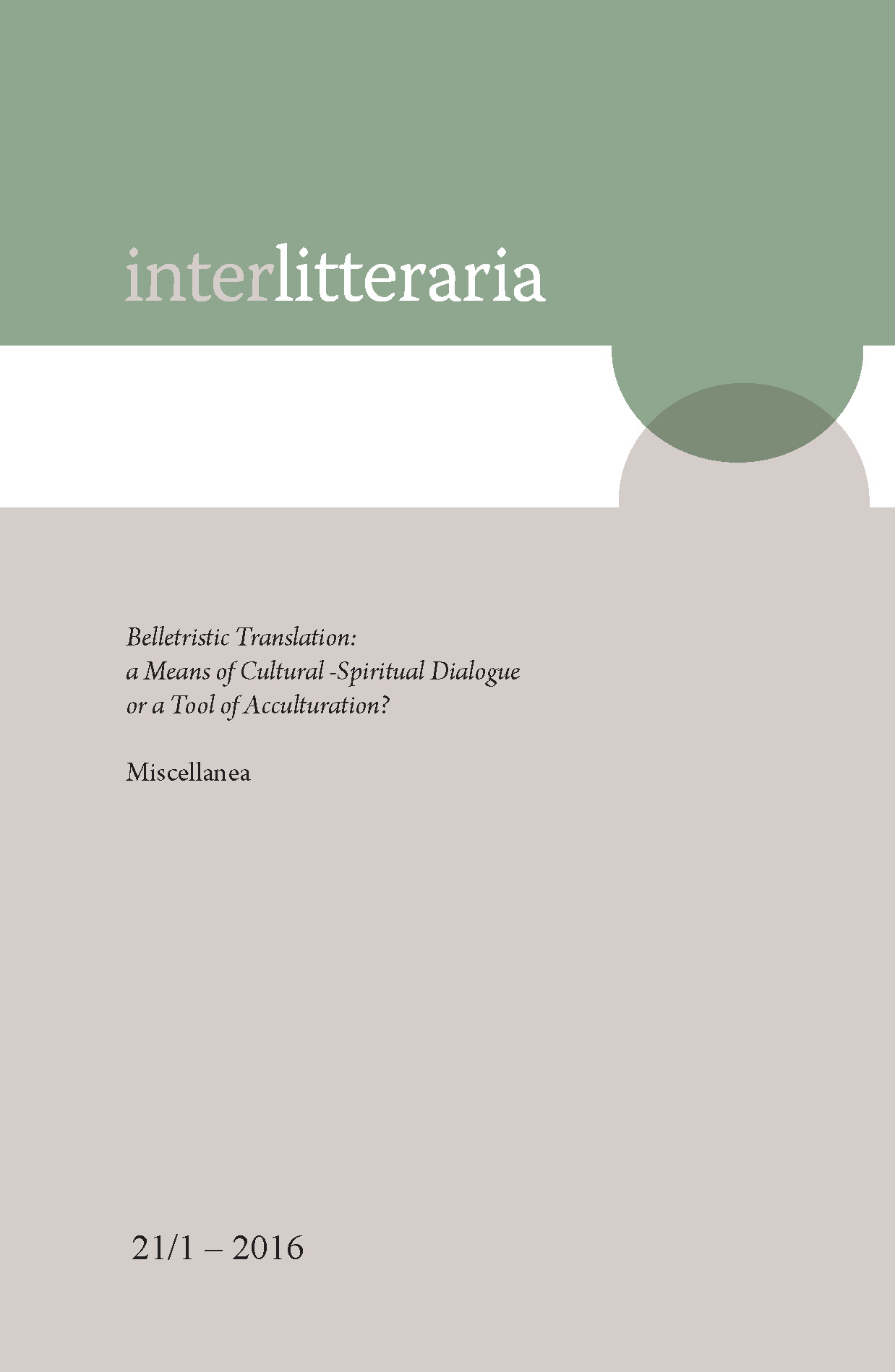Found in Translation: The Reception of Andrei Ivanov’s Prose in Estonia
DOI:
https://doi.org/10.12697/IL.2016.21.1.8Keywords:
Estonian Russian literature, Andrei Ivanov, reception, translationsAbstract
Andrei Ivanov (b. 1971) is the most well known Estonian Russianlanguage writer who has won many literary awards in Estonia and Russia. His prose and position in the literary field of Estonia has initiated the discussion about the exact definition of Estonian literature and the status of the Estonian Russian-language literature. Due to Ivanov’s prose, the world of Estonian Russians has become more visible for the Estonian audience. He also gives a piercing look into the modern society and offers a different perspective on the world; these are some of the reasons of his popularity. The article focuses on the analysis of the reception of Ivanov’s prose published in Estonian. The vast majority of Ivanov’s prose has been translated into Estonian: Путешествие Ханумана на Лолланд, Харбинские мотыльки, Бизар, Исповедь лунатика, Горсть праха, Печатный шар Расмуса Хансена, Мой датский дядюшка and Зола. The author has entered the Estonian cultural field through translations, it may be said that he has been found in translations. Ivanov’s books are bestsellers and widely discussed in newspapers, blogs and in the literary magazines. The position of Estonian Russian literature has shifted from the periphery into the spotlight and the works by Ivanov have played a decisive role in that process. The article focuses on the analysis of the reception of Ivanov’s prose published in Estonian. The articles published in the Estonian language and concentrating on his prose (both in newspapers and in the literary magazines) are under observation. What topics have been discussed? Which aspects of Ivanov’s prose have attracted the attention of the critics?Downloads
Download data is not yet available.
Downloads
Published
2016-07-04
Issue
Section
Articles
License
The contents of Interlitteraria are published under CC BY-NC-ND licence.


